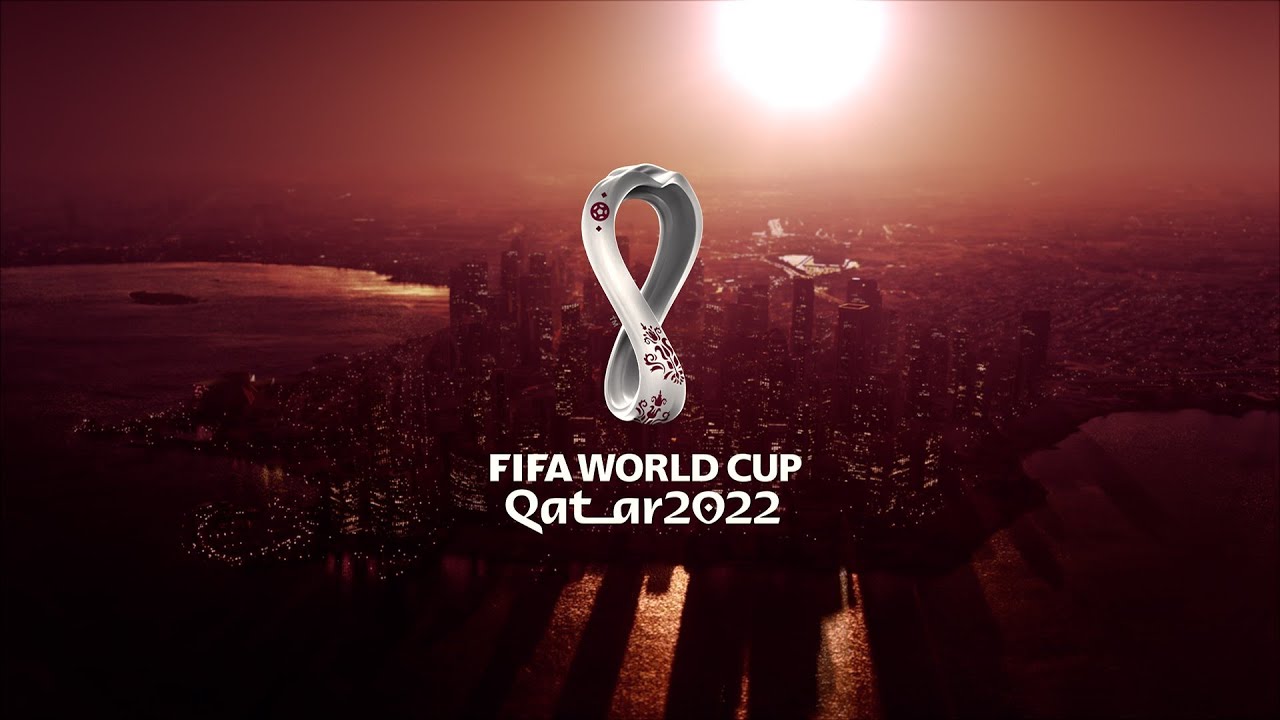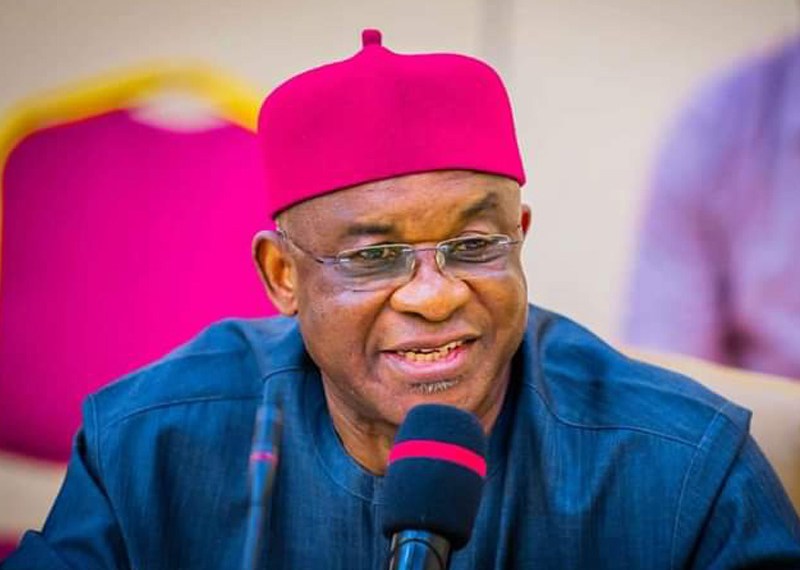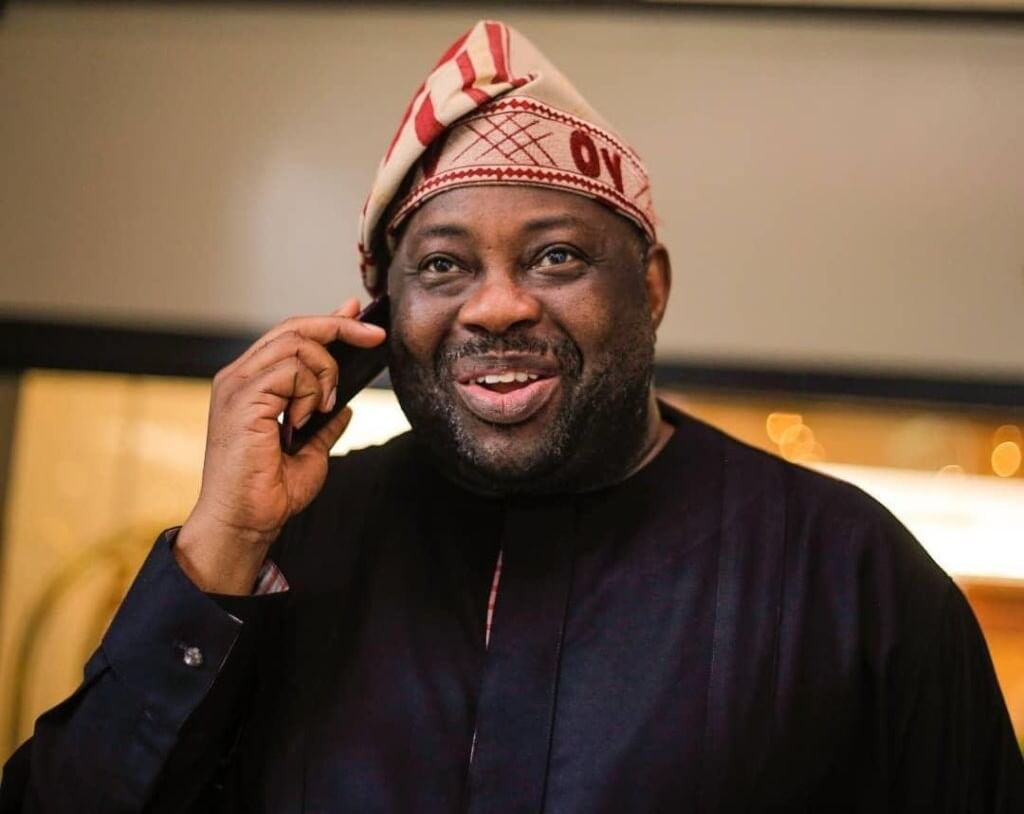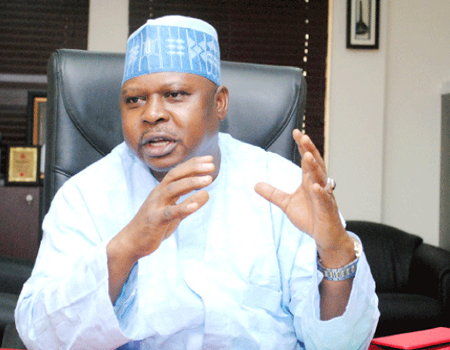By Michael Effiong
It is another World Cup year and already Qatar 2022 World Cup is living up to the hype. The victories, the upsets, the records, the excitement and of course, the controversies.
Talking of controversies, the mere reason that the tournament is holding at this time at in Qatar is controversial why was the country given the nod to host a summer tournament when everyone knows that it is practically impossible to play football in that country in the usual time of June-July?
Anyway, this is a testament to the fact that the only thing that is constant in life is change. But for football buffs, this world cup which has been squeezed into the calendar by FIFA in the middle of the season is none like any other.
Many have applauded it because the players will be in tip top shape, others have said it will be bedeviled by injuries because of the amount of stress the players had gone through before the tournament.
Whatever camp you belong to, one thing is sure, football is a huge platform. From the way Nigerians are discussing Saudi Arabia’s monumental defeat of Argentina and Japan’s silky victory over Germany, you will almost forget that our country is not in the tournament. This means that like all those participating countries, non participating countries are not left out of the FIFA World Cup fever.
In the midst of the frenzy, there are key lessons to learn from oil-rich Qatar as it throws its doors open to the world. The first lesson is that there is virtually nobody in any part of the world who will not know where Qatar is on the map. The country is selling itself big time! Many who thought that Qatar was a part of UAE now know better.
Lesson two is that the infrastructure in Qatar even if it was great before has received a big boost. The country has built eight fantastic stadia for the tournament with the biggest being the Lusail Stadium with its capacity at 88,966.
Interestingly, this giant stadium will be transformed into a community centre with schools, shops, cafes, sports facility and health clinics. This means that we need not spend a fortune on an edifice that is not convertible and after the one-month tournament it becomes a waste.
Lesson three is the fact that football is a big brand. It is a money spinner that can be used to market our country and our culture. Imagine Qatar telling the world that it has its own ideals. For example, fans are barred from drinking alcohol openly, warned that they cannot cavort in the open or showcase their sexual idiosyncrasies publicly and many of such cultural restrictions.
From time immemorial, we have imbibed the notion that “when you are in Rome behave like Romans” but some people were bent on forcing their own way of life on the people. But the Qataris have stuck to their guns and said a capital No.
The power of the football brand is also brought to fore Imagine the millions of dollars that will be spent in the country these few weeks, the hotels, the restaurants, local businesses. No wonder, FIFA President, Gianni Infantino the other confessed with a smile that the body was going to make over $700million dollars profit from the tournament compared to the last one in Russia.
The fourth lesson is that in football, like in life, never underestimate any opponent. The Argentine team which includes one of the best football players ever, Lionel Messi, in their training camp, would never in their wildest imagination think that they could be beaten by the Saudis who are ranked 53rd in the world. Of course there were other upsets. Always expect the unexpected.
Lesson five and the most important lesson, only the best make it to the tournament. If you are not there, you were not good enough, Period! You have to be the best to rub shoulders with the best. Nigeria was missing in action because we have fallen way below par. And this is the point that I want to drive home today.
The Nigeria Football Federation or Nigeria Football Association as it is legally known, should begin preparation for the next world cup from now. We have to fix our local league immediately. Amaju Pinnick, the immediate past NFF President has done his best, but his best was to get him a seat at the FIFA Executive Committee but left Nigerian football in doldrums.
With all the talents we have, how come we cannot have a viable professional league?, How aome we cannot have a private sector-driven league? I am told the South African League attracts over $1billion dollars in sponsorship but ours is struggling because of organization. I think the first thing to do is to have a strict entry-level criterion for all clubs that will make it to the professional league: Good facilities, academy, contracts for players and a proper board.
If this is done, we will begin to have stars again in our league and that will not only attract the big brands but will also attract fans to the stadium. As a kid, I was a fan of Stationery Stores aka Flaming. I remember that we used to go and see the club’s stars then getting ready at their Guest House somewhere in Lawanson before heading to the UAC Stadium to watch them play. We had our stars, the Peter Rufai’s that we all envied at the time.
Our players used to shine here in the local league, get into the national team before being headhunted by top European clubs. Today, no one cares about the local league, we struggle these days to have even one local player in our National team. This has to stop.
For the new NFF boss, Ibrahim Gusau, I believe this is the time to tear up Amaju Pinnick’s template, cut himself off Mr. Pinnick’s apron string and begin to build a pathway for himself.
He can carve a niche for himself and make history by being the man to bring back the glorious days of Nigerian football. He should begin to work with the State FAs after all, they are the cabal that voted him to power. They must restructure grassroots football. He should work with the NPFL to make Nigerian league viable. If we can watch Zambian league, Ethiopian League and Kenyan League on TV, are these football administrators not ashamed that Nigerian league is missing?
If he learns this very vital lesson and begin the rebirth, Nigeria will have a firm foundation which would help to build a team that can compete favourably with the best in the world. We would be able to produce a team that will not only qualify effortlessly but shake the world like we did in USA 1994.

 Boss Of The Week4 days ago
Boss Of The Week4 days ago
 The Oracle5 days ago
The Oracle5 days ago
 Opinion4 days ago
Opinion4 days ago
 Headline6 days ago
Headline6 days ago
 Middle East4 days ago
Middle East4 days ago
 Islam5 days ago
Islam5 days ago
 National4 days ago
National4 days ago
 Middle East3 days ago
Middle East3 days ago














